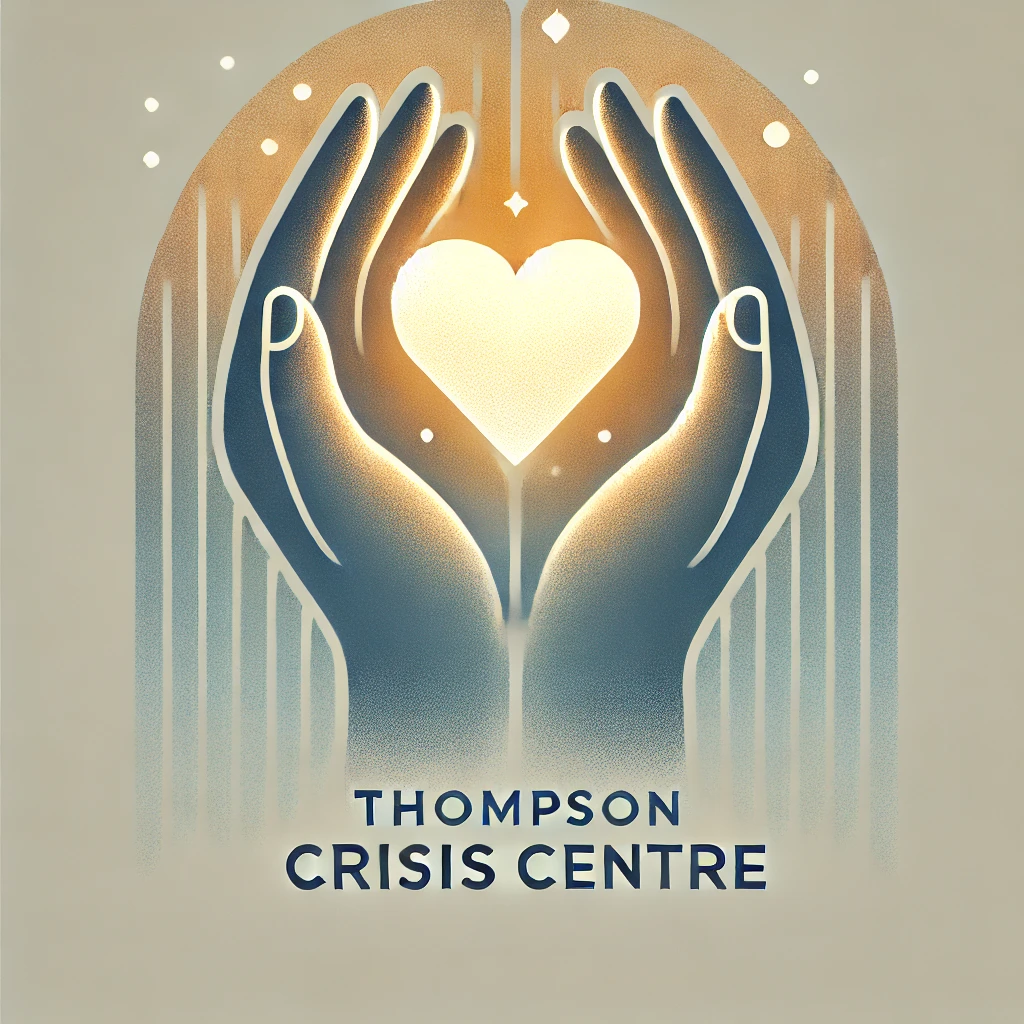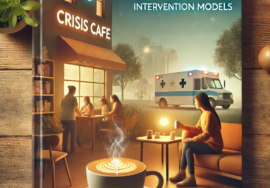
The Surge in Domestic Violence Post-Pandemic: How Thompson Crisis Centre Is Here to Help
A Silent Crisis Amplified
The COVID-19 pandemic has left an indelible mark on our global community, reshaping how we live, work, and interact. Amidst lockdowns and social distancing measures, another crisis quietly escalated behind closed doors: a significant surge in domestic violence.
According to Statistics Canada, there was a notable increase in police-reported domestic violence incidents during the pandemic. Factors such as isolation, financial stress, and heightened anxiety created a perfect storm for abusive situations to intensify.
Understanding Domestic Violence: Recognizing the Signs

Domestic violence transcends physical abuse; it encompasses any behavior used to gain power and control over a partner or family member. Recognizing the signs is the first crucial step toward intervention and support.
Forms of Domestic Violence
- Physical Abuse: Hitting, slapping, shoving, or any form of physical harm.
- Emotional Abuse: Manipulation, intimidation, or constant criticism that erodes self-worth.
- Psychological Abuse: Threats, isolation, or stalking that instills fear.
- Financial Abuse: Controlling access to money, limiting employment opportunities.
- Sexual Abuse: Any non-consensual sexual act or pressure.
Warning Signs to Look Out For
- Sudden changes in behavior or personality.
- Unexplained injuries or frequent “accidents.”
- Withdrawal from friends, family, or social activities.
- Excessive communication or control by a partner.
- Expressions of fear or anxiety about a partner’s reactions.
If you or someone you know is experiencing these signs, it’s imperative to seek help promptly.
The Impact on Mental Health: Beyond Physical Scars

Domestic violence leaves deep emotional and psychological scars that can persist long after the physical wounds heal.
Common Mental Health Effects
- Anxiety and Depression: Persistent feelings of sadness, hopelessness, or fear.
- Post-Traumatic Stress Disorder (PTSD): Flashbacks, nightmares, or severe anxiety related to traumatic events.
- Low Self-Esteem: Internalizing blame and feeling unworthy or helpless.
- Substance Abuse: Using drugs or alcohol as a coping mechanism.
The intersection of domestic violence and mental health is complex, often requiring professional intervention to navigate the path to healing.
How Thompson Crisis Centre Is Here to Help

At Thompson Crisis Centre, we offer a comprehensive range of services designed to support victims of domestic violence at every stage of their journey.
24/7 Crisis Hotline
Our confidential crisis hotline is available 24 hours a day, 7 days a week. Trained professionals are on standby to provide immediate assistance, guidance, and emotional support.
Call us at:
Toll-free Crisis Line: 1-877-977-0007,
Local Crisis Line: +1 (204) 778 7273
Emergency Shelter
We provide a secure, welcoming environment for individuals and families fleeing abusive situations.
- Safe Accommodations: Private rooms with essential amenities.
- Supportive Environment: On-site staff available to assist with immediate needs.
- Confidential Location: Ensuring your safety and privacy.
Counseling and Therapy
Our licensed counselors offer both individual and group therapy sessions to help victims process their experiences and rebuild their lives.
- Personalized Counseling: Tailored to address specific trauma and challenges.
- Group Therapy: Connecting with others who have similar experiences fosters healing and community.
Legal Advocacy
Navigating the legal system can be daunting. Our advocates provide:
- Legal Information: Understanding your rights and options.
- Court Accompaniment: Support during legal proceedings.
- Referrals: Connecting you with legal professionals for representation.
Support Groups
We facilitate support groups that provide a safe space to share stories, gain insights, and build a network of support.
- Weekly Meetings: Regular sessions to maintain connection and progress.
- Specialized Groups: Focused on specific needs, such as survivors of sexual abuse.
How to Seek Help: Taking the First Step

Reaching out is a courageous act. We’re here to make that step as accessible and safe as possible.
Steps to Reach Out
- Contact Our Crisis Hotline: Speak confidentially with us at 1-877-977-0007.
- Visit Our Website: Access resources and information at www.thompsoncrisiscentre.org.
- Email Us: Send a secure message to [email protected].
Confidentiality and Safety Measures
- Privacy Assurance: Your information is kept strictly confidential.
- Safety Planning: We help develop personalized plans to enhance your safety.
- Non-Judgmental Support: Our team approaches every situation with empathy and respect.
Resources for Friends and Family: How You Can Help
Supporting a loved one in an abusive situation can be challenging. Your understanding and assistance can make a significant difference.
Recognizing the Signs in Others
- Behavioral Changes: Withdrawal, anxiety, or unexplained anger.
- Physical Indicators: Bruises, cuts, or frequent injuries with vague explanations.
- Control by Partner: Partner insists on accompanying them everywhere, controls communication.
Offering Support
- Listen Without Judgment: Provide a safe space for them to share.
- Express Concern: Gently voice your observations and concern for their safety.
- Provide Information: Share resources like the Thompson Crisis Centre.
- Respect Their Choices: Understand that leaving an abusive relationship is complex and must be done at their pace.
Community Involvement: Be Part of the Solution
Ending domestic violence requires a collective effort. Here’s how you can contribute:
Volunteer Opportunities
Join our dedicated team to make a direct impact.
- Hotline Volunteers: Provide critical support over the phone.
- Event Coordinators: Help organize awareness campaigns.
- Outreach Ambassadors: Educate the community about our services.
Apply at: Volunteer Application
A Message of Hope

Domestic violence is a pervasive issue, but together, we can make a difference. At Thompson Crisis Centre, we believe in the strength and resilience of survivors. Our mission is to empower individuals to reclaim their lives and foster a community where everyone feels safe and valued.
Remember, you are not alone. Help is available, and taking the first step can open the door to a new beginning.








